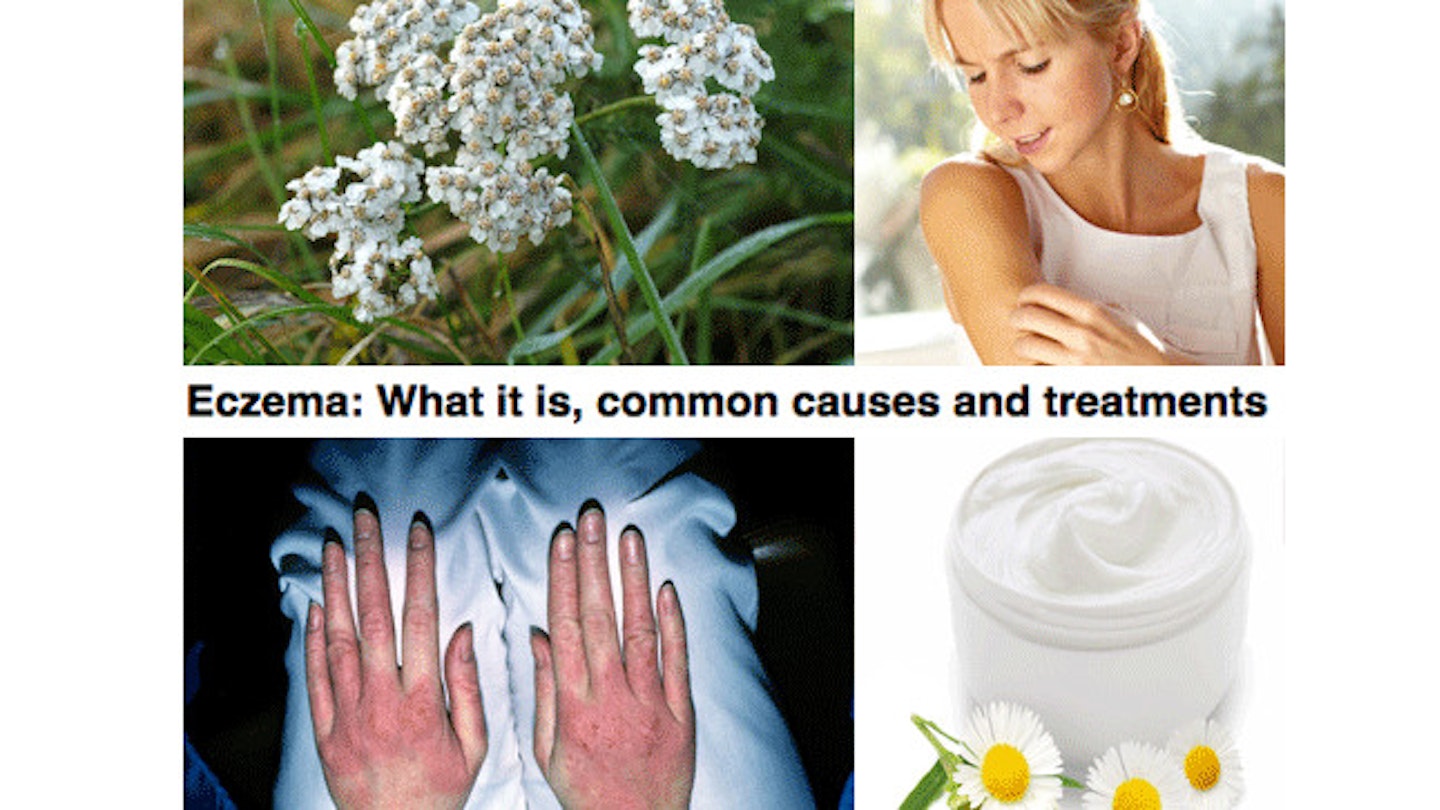What is eczema?
Eczema (which comes from the Greek word ‘ekzein’ which means ‘to boil’), can take many different forms, but it is generally recognised as dry, scaly and itchy skin that is pinker than usual. The type we will talk about in this article will be atopic eczema, which is the most common form.
One in five children, and one in twelve adults suffer with the disorder, which occurs when the sufferer’s skin does not produce as much fats and oils as a normal person’s does.
Because of this, gaps open up between the skin cells because they are not plumped up with water, which means it is harder for the barrier to retain and absorb moisture.
On top of this - it also means that bacteria and harmful substances can enter the skin and cause irritation of infection.
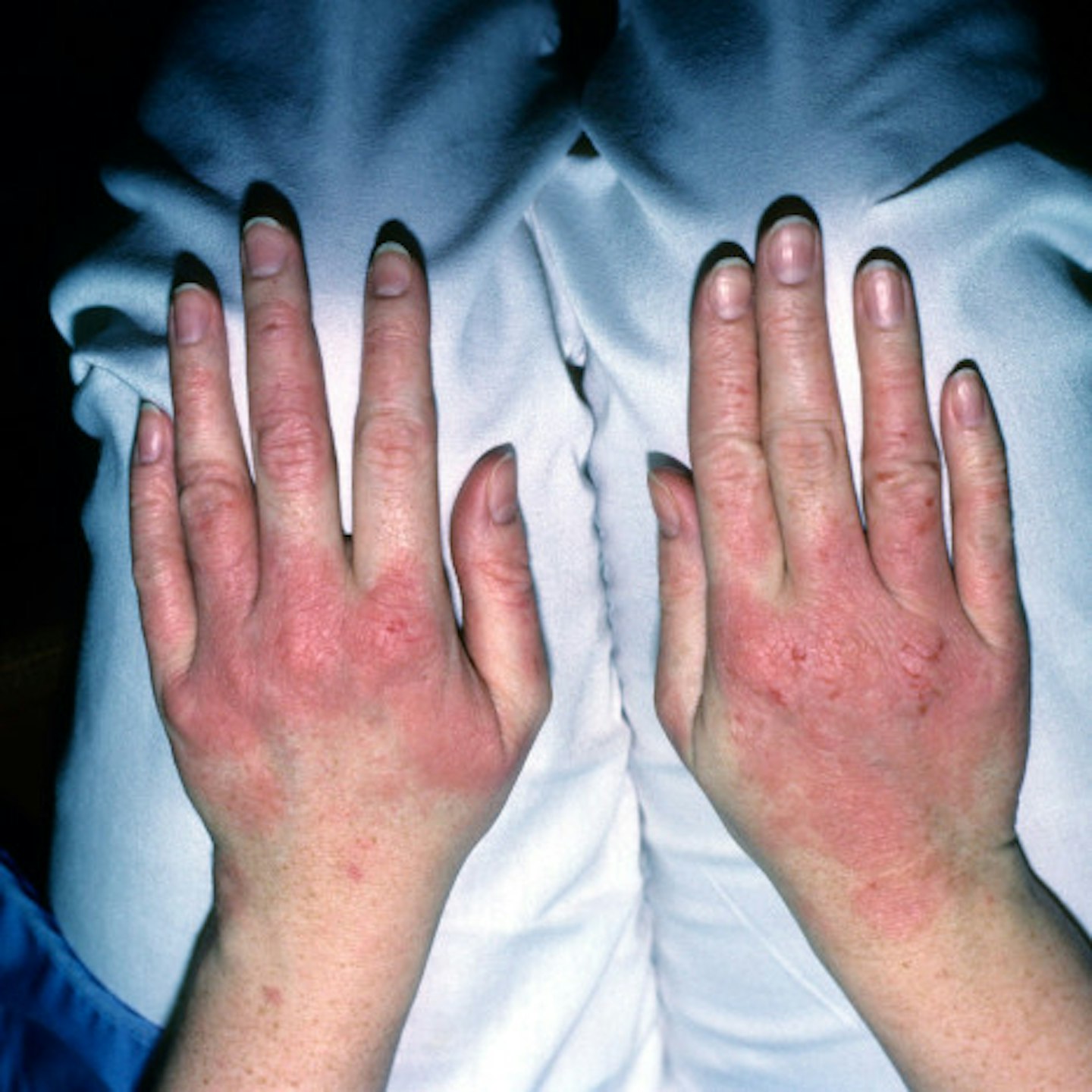
The eczema society explains the condition best when they say: ‘One way of picturing the way your skin works is by thinking of it as a brick wall. The outer skin cells are the bricks, while fats and oils act as the mortar that keeps everything together and acts as a seal. The skin cells attract and keep water inside, and the fats and oils also help keep the water in.’
If this fails, the skin can become easily inflamed by substances it comes into contact with, making it red, flaky and itchy.
Causes of Eczema
As with many skin disorders, the exact cause of eczema is unknown.
It may be that you have inherited a tendency for eczema, or a family member that has hay fever or asthma (which doctors believe could be linked).
But although we can’t always be sure what causes it, there are certain triggers that have been reported to make the condition worse.
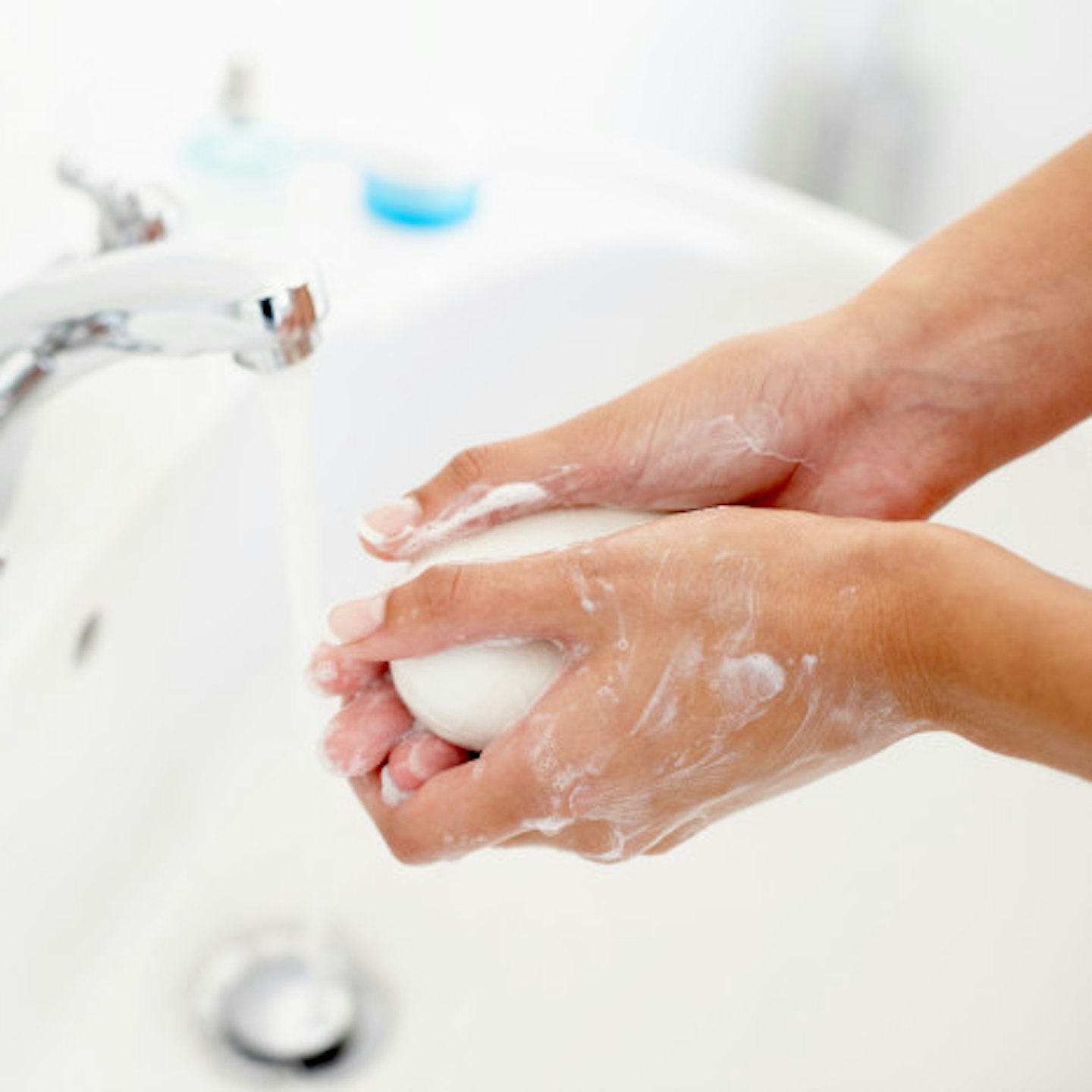
These can be divided into seven categories:
Irritants
What you put directly on your skin can make the condition worse - including soaps and washing detergents, shampoos, bubbles baths, plus pretty much anything else you might be touching and exploding your skin to.
Solution: Try to stick to non-bio washing powder if you suspect biological detergent is irritating your skin, plus use a hypoallergenic shower gel such as Sanex. If you continue to have flare ups, it’s also suggested you might stop washing your hair in the shower and do it over the basin to make sure that shampoo ingredients aren’t irritating the rest of your skin. Similarly, wear gloves for washing up, or when handling other substances.
Allergens
If you think you may have a propensity for allergies, your eczema may be exacerbated by dust mites, pets, pollens and molds.
Solution: While getting rid of your beloved pet might seem a little extreme, keeping them well groomed and the house regularly vacuumed may reduce your irritation, while this will also help with any dust mite problems. Taking an antihistamine can reduce allergic reactions too.
Microbes
Some types of microbe can be triggers of eczema including certain fungi and viruses.
Solution: See your doctor.
Hot or Cold Temperatures
Humidity, hot or cold weather, and perspiration from exercise can all irritate eczema and sadly there’s not a lot you can do about this apart from avoid extremes.
Solution: Keep skin well aired and wear natural fabrics, plus shower after exercise.

Food
What you put into your body is as important as what you put on it. Dairy products, eggs, nuts, soy products and wheat can all make eczema worse.
Solution: Try cutting these out of your diet and see if your skin improves.
Stress
Stress can also make eczema flare up, and while it isn’t completely avoidable, there are steps you can take to reduce it.
Solution: Try and take some time out each day to unwind, whether that be having a quick bath, reading, doing some pilates or even lying in a quiet room for half an hour - all of these things can have a calming effect on the soul.
Treatments and remedies for Eczema
First things first, you need to be taking good care of your skin. This means:
-
take warm baths or showers, not piping hot, as this will irritate your skin
-
pat yourself dry rather than rubbing as this can irritate skin
-
apply a good, non irritating moisturiser EVERY DAY to up moisture levels, and you should do this 3 mins after washing to make sure you lock the water in
-
wear soft, natural fabrics like cotton
At home remedies
While you should see your GP if you think you’re suffering from eczema, there are several at home remedies that can give you some relief once diagnosed.
Sunflower Seed Oil and Coconut Oil have a good deal of weight behind them as successful remedies when placed directly on the skin. Cod Liver Oil can also aid recovery when taken orally, and Magnesium baths have also been tipped to help.
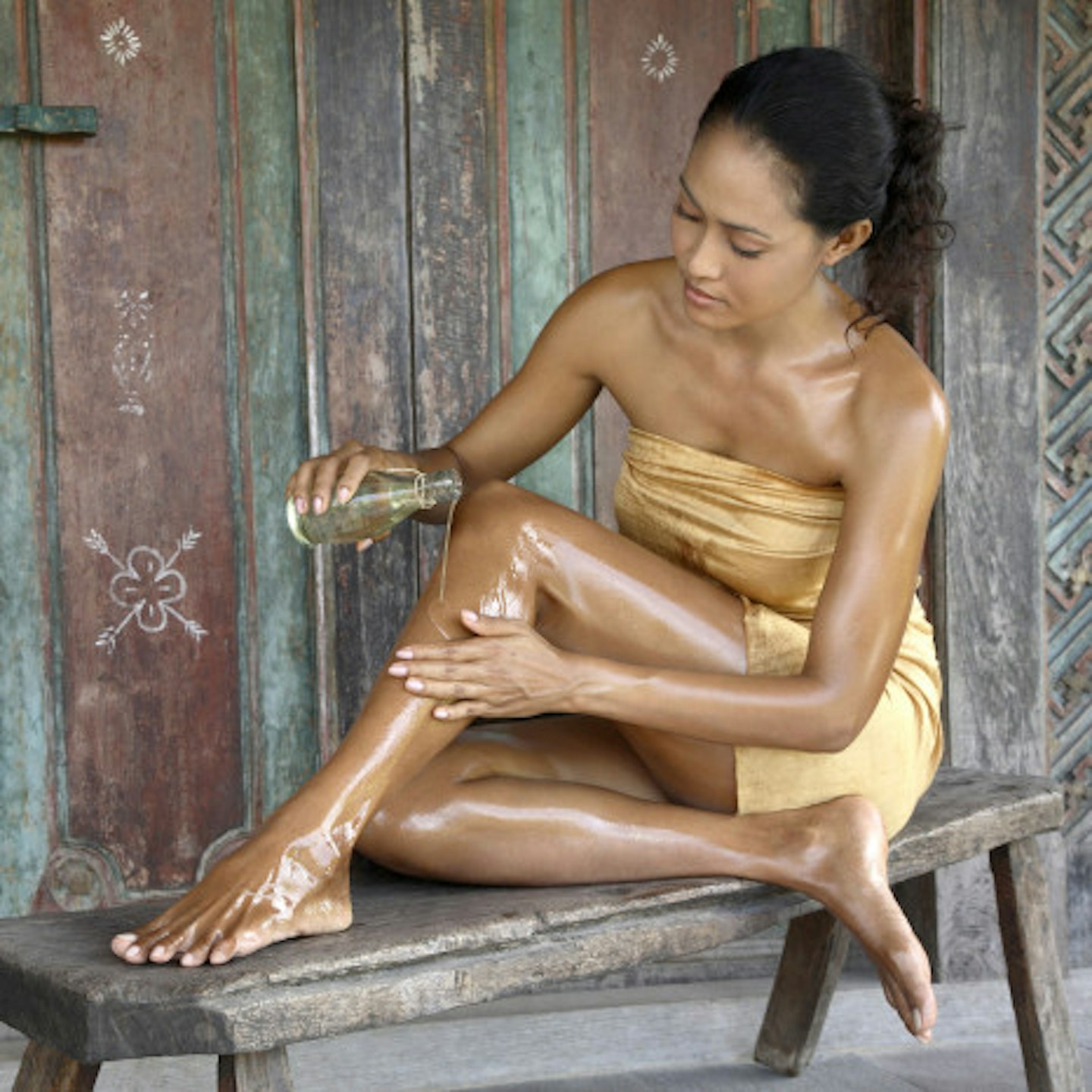
According to health site Wellness Mama, you should mix 1/2 cups of magnesium flakes to a bath to get the benefit, also adding sea salt or essential oils too if you’d like.
The same site recommend a ‘Homemade Healing Salve’ - the recipe of which we have included below.
2 cups olive oil or almond oil
1/4 cup beeswax pastilles
1 tsp echinacea root (optional)
2 Tbsp dried comfrey leaf
2 Tbsp dried plantain leaf (herb-not banana!)
1 Tbsp dried calendula flowers (optional)
1 tsp dried yarrow flowers (optional)
1 tsp dried rosemary leaf (optional)
Instructions
Infuse the herbs into the olive oil. There are two ways to do this. You can either combine the herbs and the olive oil in a jar with an airtight lid and leave 3-4 weeks, shaking daily OR heat the herbs and olive oil over low/low heat in a double boiler for 3 hours (low heat!) until the oil is very green.
Strain herbs out of the oil by pouring through a cheesecloth. Let all the oil drip out and then squeeze the herbs to get the remaining oil out.
Discard the herbs.
Heat the infused oil in a double boiler with the beeswax until melted and mixed.
Pour into small tins, glass jars or lip chap tubes and use on bites, stings, cuts, poison ivy, diaper rash or other wounds as needed.
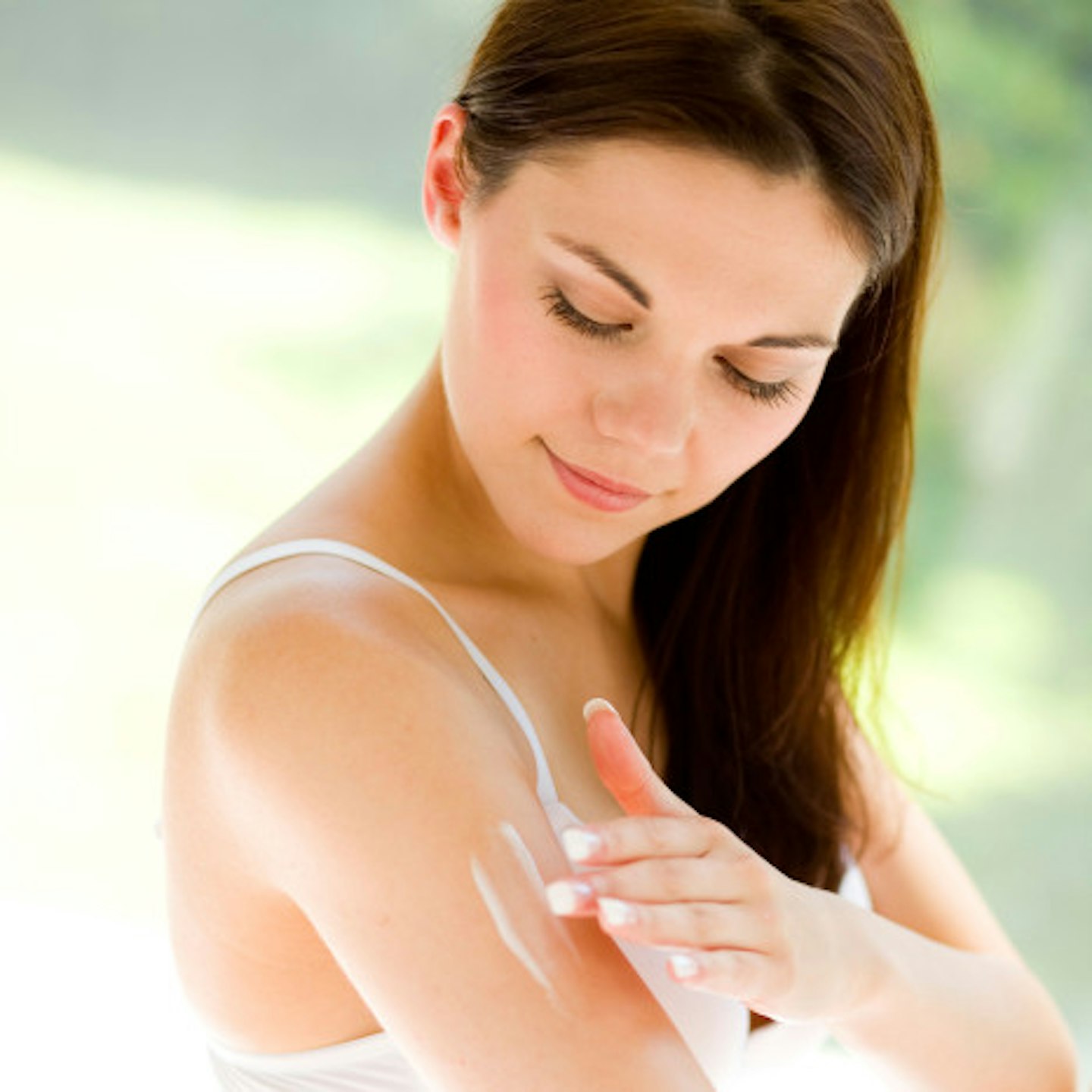
Prescribed remedies
When you visit your GP for your eczema, they will probably prescribe hydrocortisone steroids to treat the condition.
Hydrocortisone steroids quickly help to relive itching and reduce inflammation associated with eczema and can be used directly on the area infected.
Antihistamines may also be prescribed the lessen itching, while phototherapy (where ultraviolet light is used to treat the skin) has also shown success.
Topical Immunomodulators may also be prescribed for the condition, which work by altering the skin’s response to flare ups. However, these do carry a warning due to their potential link to skin cancers.
Over the counter and shop bought remedies
Some antihistamines and low concentrations of hydrocortisone creams can be purchased over the counter in a pharmacy, and may be enough to suit some sufferers.
Other products that you can use to help are moisturisers and emollient creams designed for skin conditions, with brands such as Aveeno, CeraVe and Exederm all having the National Eczema Society’s seal of approval. View a full list of recommended products here.
How to treat Eczema on your face
Hydrocortisone cream should not be used on your face. This is because, despite it’s calming properties, it can damage the skin long term - something which will be more obvious on the delicate skin of your face.
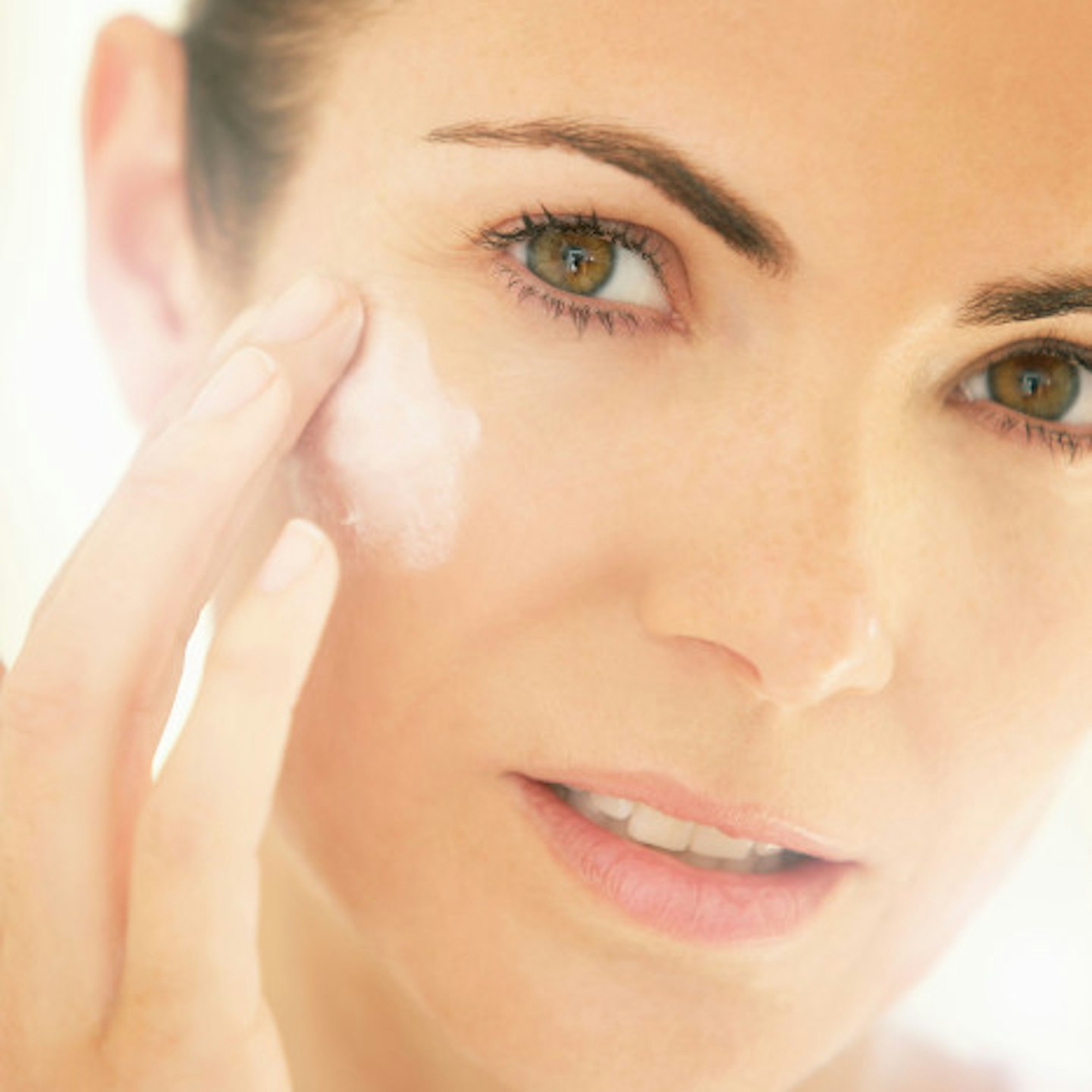
So what can you use on your face? While the jury is out on the best treatments, moisture and the right ingredients are key.
According to Sonja Dymalovski, a skincare expert at What Skin Needs, these are the ingredients you should be looking for in your face creams:
Hyaluronic acid: A substance which is found naturally in our body, this help reduce flaky skin, while giving your skin an extra boost of moisture.
Niacinamide: If you suffer from red patches, try a serum or cream that contains niacinamide, which is also known as vitamin B3. This wonder ingredient works to reduce redness by strengthening the skin’s barrier.
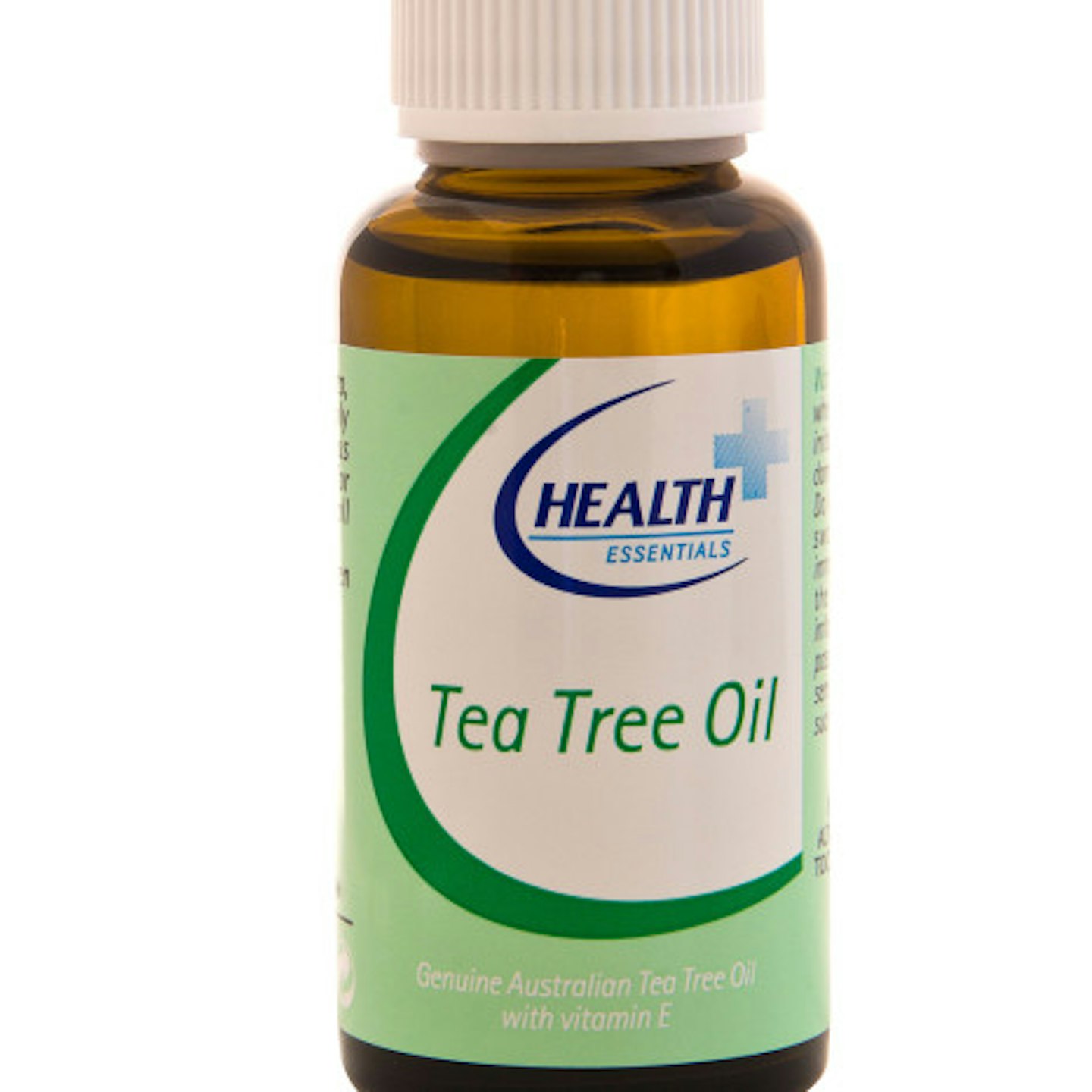
Tea Tree Oil: A concentrated plant oil from the leaves of a Melaeuca altemifolia tree from Australia. Tea Tree Oil can help soothe sores, blisters and rashes because of its antifungal, antiviral and antiseptic properties, so look for gels and balms that contain Tea Tree Oil.
Lemon Essential Oil: Another ingredient to look out for. It is low in pH balance, which makes it an antibacterial oil and antiseptic oil. Filled with Vitamin C it is also known to help create scar tissue and ligaments, and it also helps your skin repair itself too.
You should also avoid certain ingredients to ease your symptoms, like Glycolic acid, Salicylic acid and Retinol, which can severely dry out the skin or irritate it.
Preservatives like methylparaben or butylparaben can also lead to inflammation.
No matter how soft and subtle a scent may be, ingredients that give fragrance to make-up of lotions can trigger eczema flare-ups. Pick make-up and skincare products that are specifically formulated for sensitive skin and look for products that don’t contain fragrances.
Sonja also recommends What Skin Needs Skin Balm, which contains a potent blend of natural ingredients to moisturise and protect the skin.
Additional information from the National Eczema Association.
As ever - if you think you may be suffering from Eczema, book an appointment with your GP to discuss your options.
